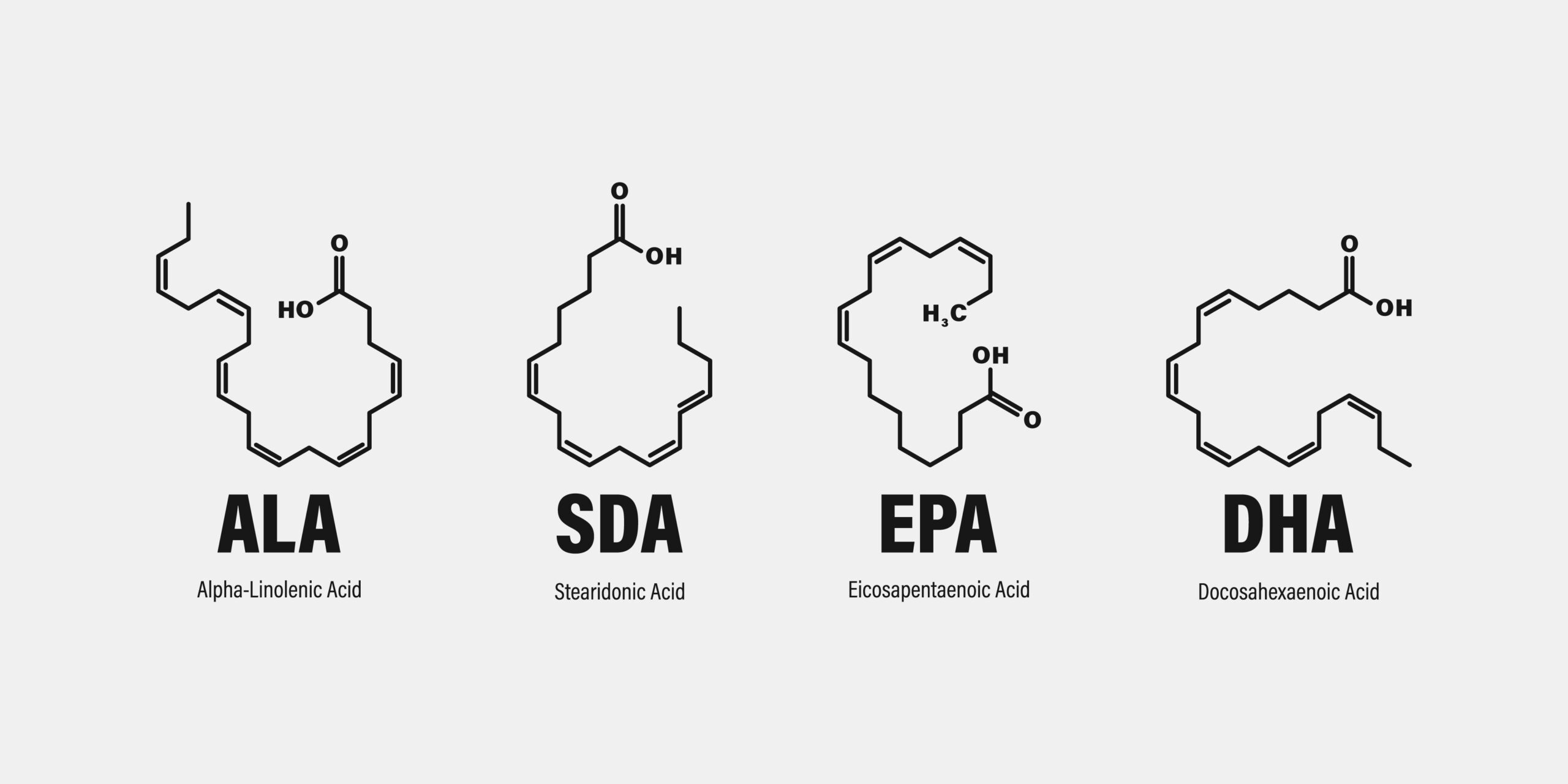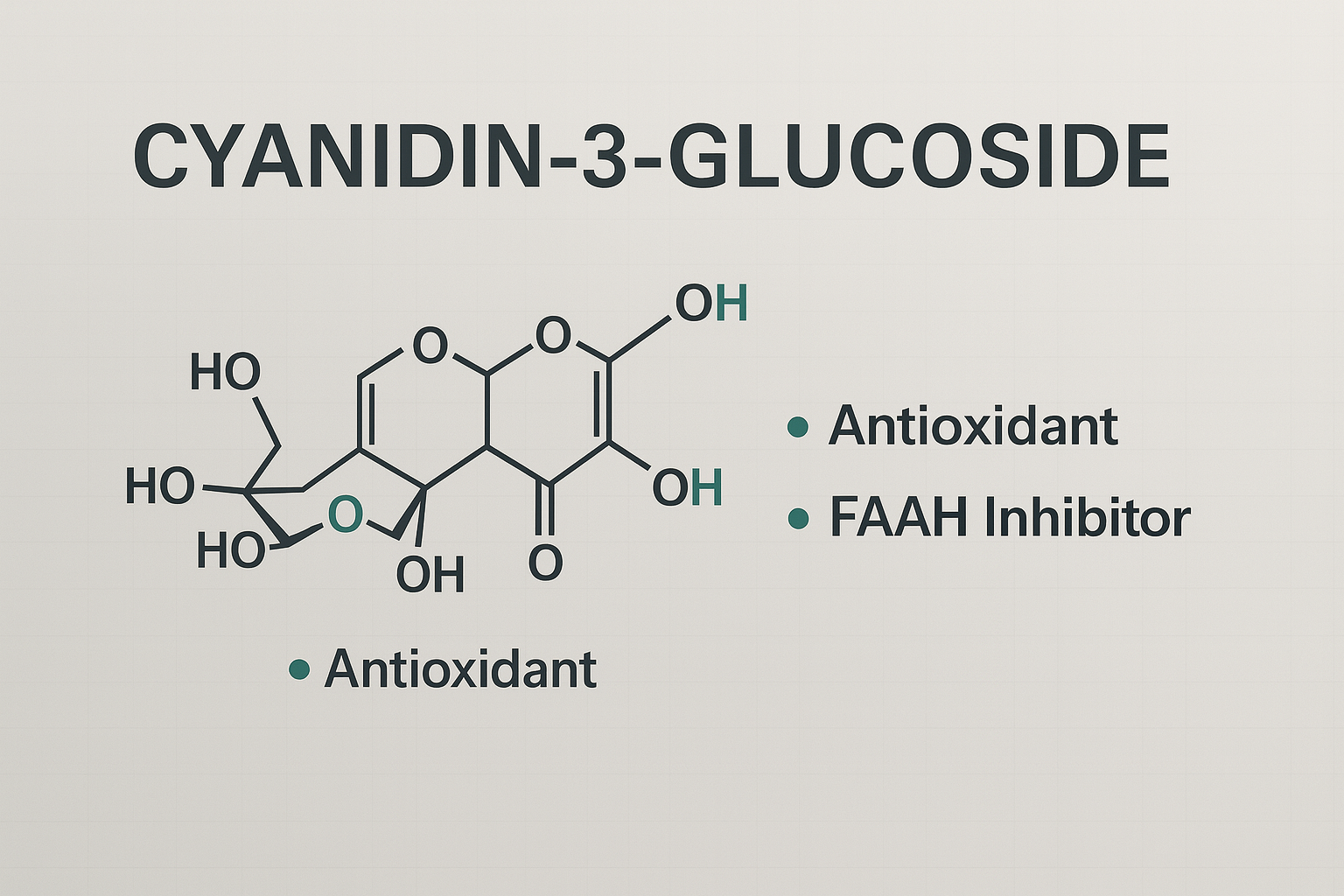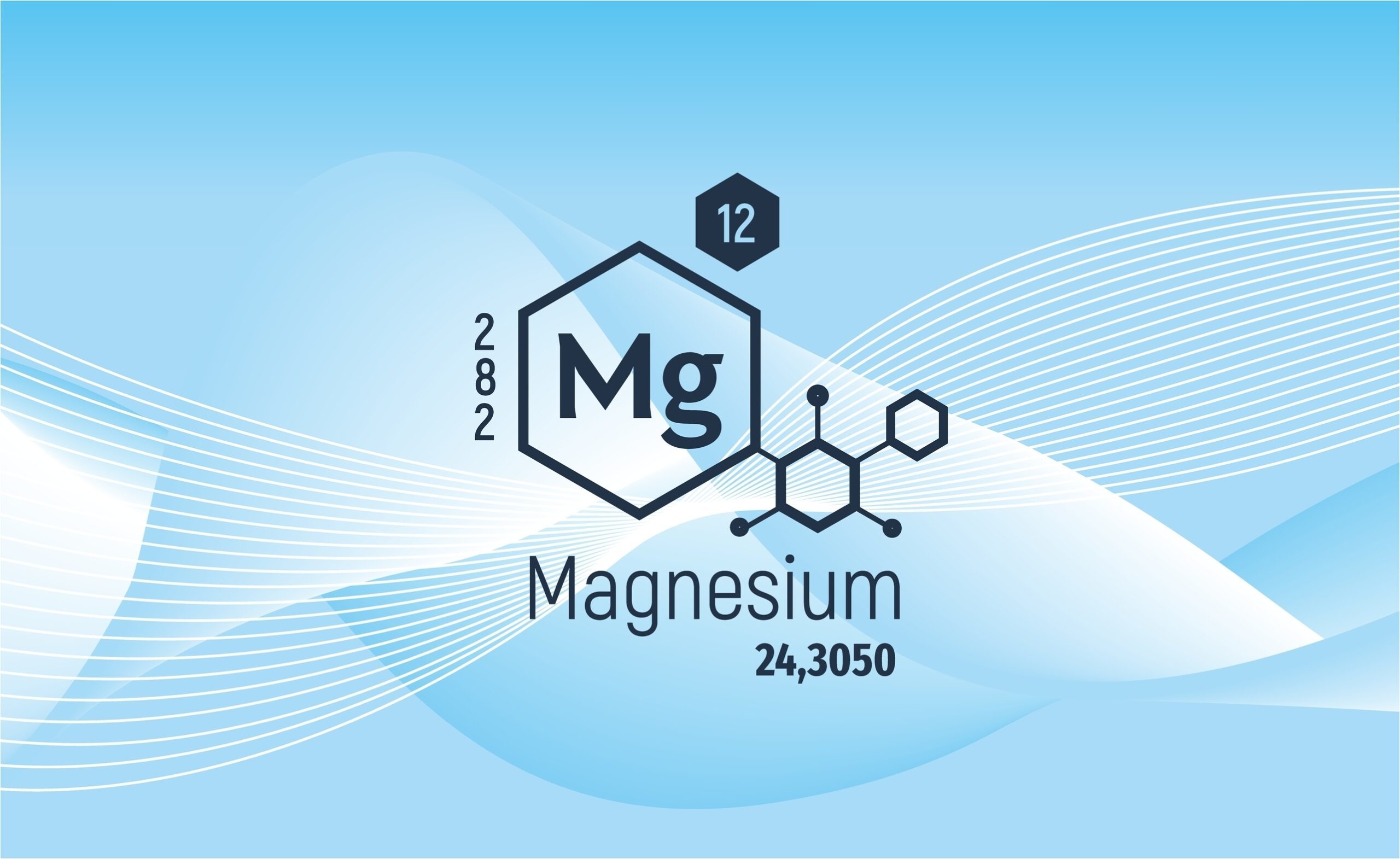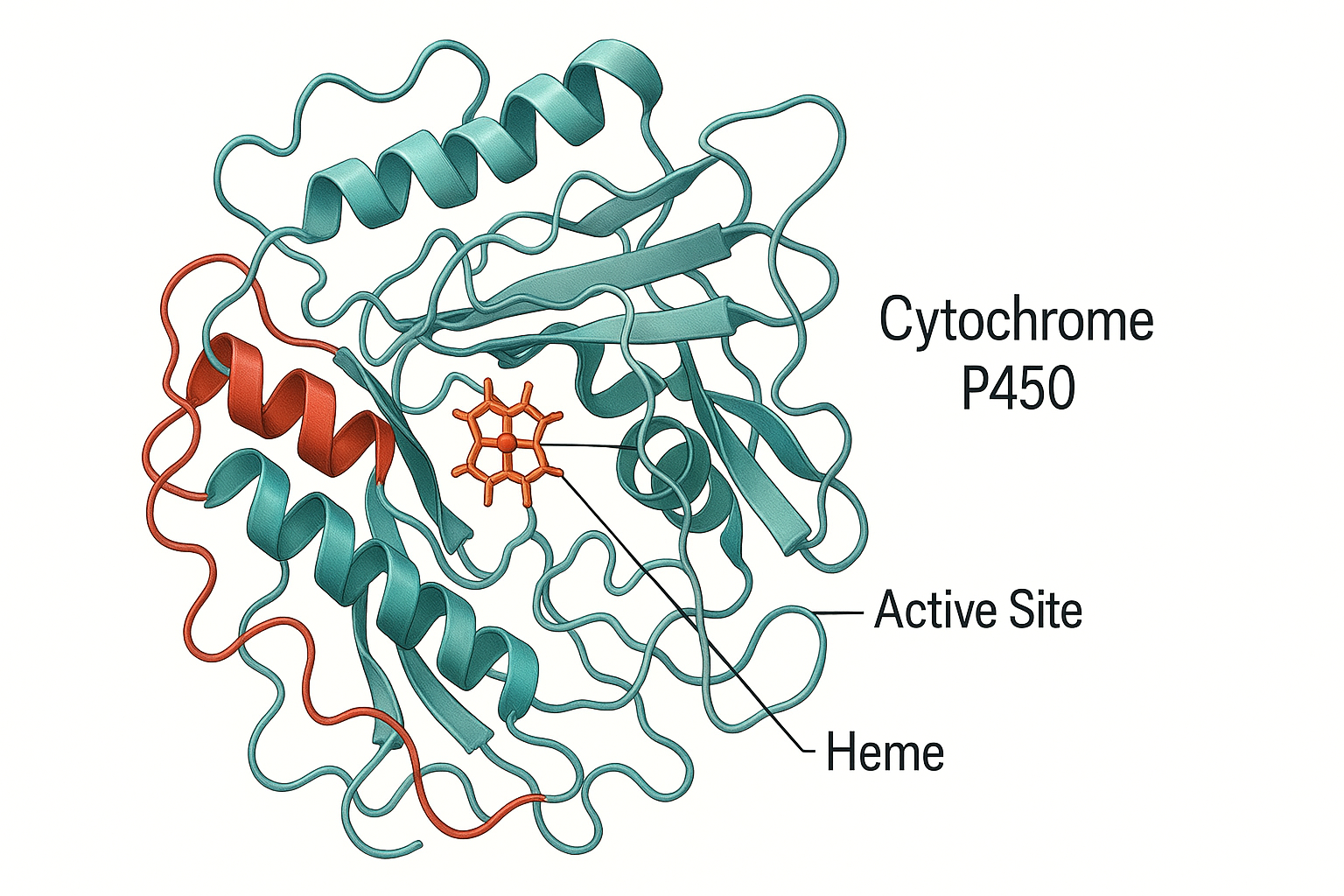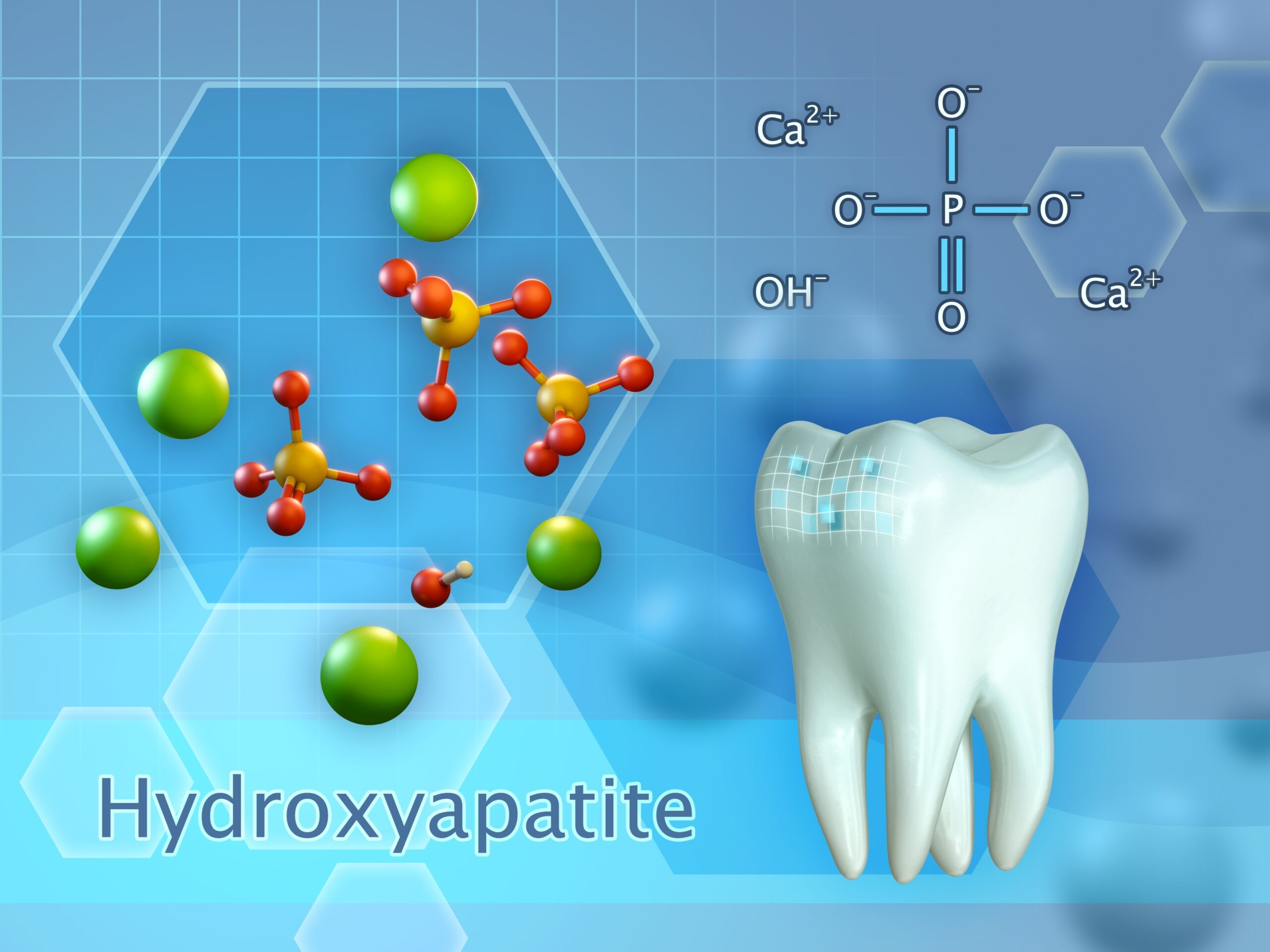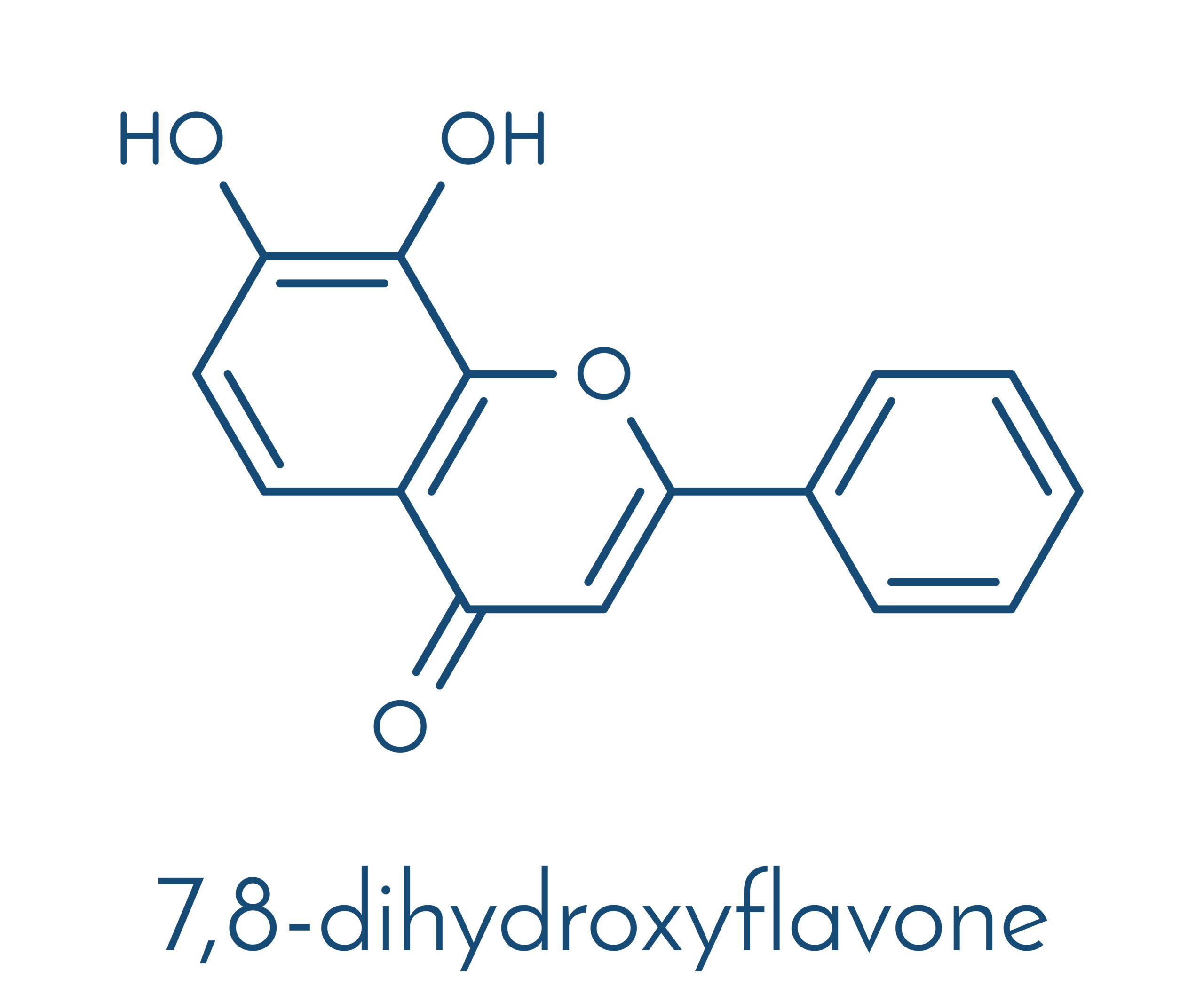Omega-3 Intake and Inflammation: A Natural Path to Reducing Chronic Disease Risk
Inflammation is a natural immune response that helps the body fight infections and repair tissue damage. However, when inflammation becomes chronic, it contributes to a wide range of health problems — from cardiovascular disease and arthritis to depression, Alzheimer’s disease, and even cancer. As interest in natural anti-inflammatory strategies grows, omega-3 fatty acids have gained attention for their potent and well-documented ability to combat inflammation at its roots.
What Are Omega-3 Fatty Acids?
Omega-3s are essential polyunsaturated fats that play a critical role in brain function, cellular structure, and immune regulation. The body cannot produce them on its own, so it needs to obtain them from food or supplements.
There are three principal types of omega-3 polyunsaturated fatty acids:
- Alpha-linolenic acid (ALA): A plant-derived omega-3 fatty acid predominantly found in sources such as hemp seeds, walnuts, chia seeds, and flaxseeds.
- Eicosapentaenoic acid (EPA): A marine-based omega-3 fatty acid primarily obtained from oily fish and fish oil.
- DHA (docosahexaenoic acid) – Also abundant in fatty fish and algae, crucial for brain and eye health.
While ALA has some health benefits, EPA and DHA are the forms most strongly linked to anti-inflammatory effects.
The Link Between Omega-3s and Inflammation
Chronic inflammation is fueled by the overproduction of pro-inflammatory compounds in the body, especially cytokines and eicosanoids derived from omega-6 fatty acids (abundant in processed vegetable oils and industrial seed oils). While omega-6 fats are essential in small amounts, the typical Western diet contains a highly imbalanced omega-6 to omega-3 ratio — often as high as 20:1 — tipping the scales toward inflammation.
Omega-3s help restore balance by:
- Inhibiting the production of inflammatory eicosanoids, such as prostaglandin E2 and leukotriene B4.
- Suppressing pro-inflammatory cytokines, including interleukin-6 (IL-6) and tumor necrosis factor-alpha (TNF-α).
- Producing specialized pro-resolving mediators (SPMs) like resolvins and protectins, which actively resolve inflammation and promote healing.
Scientific Evidence Supporting Omega-3s as Anti-Inflammatory Agents
Research spanning decades supports the role of omega-3s in reducing systemic inflammation and improving outcomes in chronic inflammatory diseases.
1. Rheumatoid Arthritis (RA)
Multiple clinical trials have shown that omega-3 supplementation reduces joint pain, morning stiffness, and the need for non-steroidal anti-inflammatory drugs (NSAIDs) in people with RA.
2. Cardiovascular Health
Chronic inflammation is a major factor in the development of atherosclerosis. Omega-3s help reduce inflammatory markers like C-reactive protein (CRP) and improve endothelial function, lowering the risk of heart disease.
3. Metabolic Syndrome and Obesity
Omega-3s reduce inflammation in adipose (fat) tissue, improving insulin sensitivity and helping to counteract the low-grade inflammation that drives metabolic disorders.
4. Neuroinflammation
EPA and DHA help dampen brain inflammation, with emerging evidence suggesting a role in managing depression, cognitive decline, and neurodegenerative diseases like Alzheimer’s.
Dietary Sources of Omega-3s
To harness their anti-inflammatory power, focus on increasing your intake of EPA and DHA through:
- Fatty fish (e.g., salmon, mackerel, sardines, anchovies, herring) – Aim for at least two servings per week.
- Fish oil supplements – Effective for therapeutic doses; look for purified, third-party tested products.
- Algal oil supplements – A plant-based DHA option suitable for vegans and vegetarians.
- Pasture-raised eggs and grass-fed meats – Contain modest amounts of omega-3s compared to their conventional counterparts.
For vegetarians and vegans, it’s also important to include ALA-rich foods like flaxseeds and walnuts, though only a small percentage of ALA is converted into EPA and DHA in the body.
How Much Omega-3 Do You Need?
There is no universally agreed-upon daily intake, but common recommendations for general health are:
- For healthy adults, 250-500 mg of EPA and DHA per day.
- 1,000–3,000 mg/day for individuals with inflammatory conditions or high cardiovascular risk.
Always consult a healthcare professional before beginning a new supplement regimen, especially if you’re taking medications like blood thinners.
Balancing Omega-3 and Omega-6 Ratios
While increasing omega-3 intake is important, it’s also beneficial to reduce excessive omega-6 fats, which can promote inflammation when out of balance. This means:
- Avoiding or limiting vegetable oils like soybean, corn, sunflower, and canola oil.
- Minimizing processed and fast foods high in these oils.
- Choosing whole, unprocessed foods and healthier fats like olive oil and avocado oil.
Conclusion
Omega-3 fatty acids are among the most biologically potent agents for modulating and attenuating chronic inflammatory processes. Whether you’re managing a specific inflammatory condition or simply aiming to reduce long-term disease risk, increasing omega-3 intake through diet and/or supplements is a smart, evidence-based strategy.
In an age of rising chronic disease, embracing foods that naturally calm the immune system may be one of the simplest and most profound health decisions we can make.
Disclaimer: This article is for informational purposes only and is not intended to replace medical advice. Always consult with a healthcare professional before beginning any new supplement, especially if you are on medication or managing a health condition.

